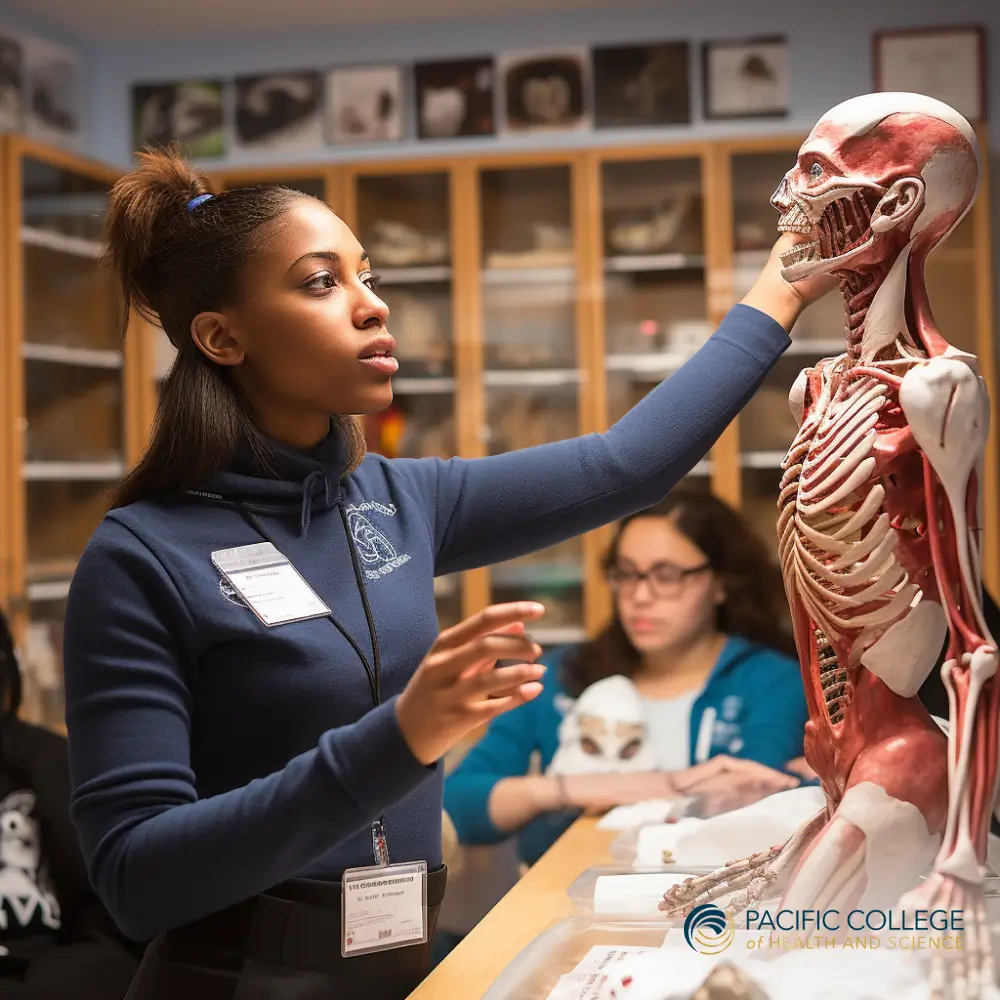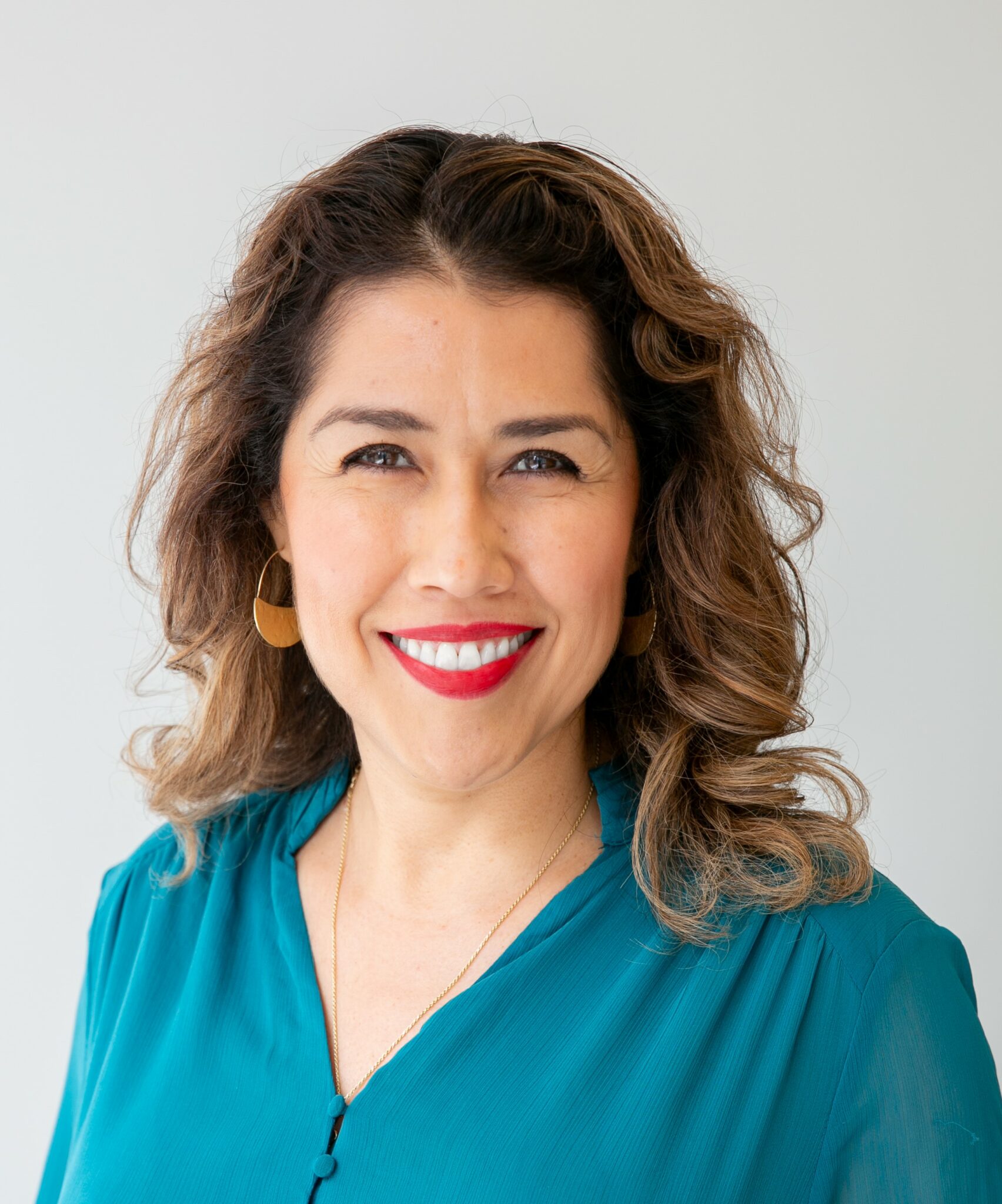If you want to become a medical professional, you have a lot of decisions to make — like exactly where you want to work, how you prefer to care for patients and what branch of medicine you’ll study. Two such options are medical assistants and registered nurses. Both professionals have vital roles to play in health care, but they have different training and educational requirements, making these paths entirely separate.
So, should you go to nursing school or look into a medical assistant program? Here’s what every health care student should know.
What Are Medical Assistants?
Medical assistants work with physicians to ensure the best possible outcomes, standing at the crossroads between administrative tasks and critical patient care. They’re cross-trained for expertise in both areas, making them versatile, reliable and flexible members of the medical landscape. From managing front desk operations and appointment scheduling to gathering medical history and checking vital signs, these experts help inform treatment decisions and create patient care plans that make a real difference in the community.
To get started in an entry-level position, you’ll need to choose a training program — sometimes called a medical assistant program — that meets certain educational requirements. That’s because both administrative and clinical backgrounds are necessary to succeed in this role. These courses can often be taken through vocational schools, community colleges and online institutions, as long as the organization is accredited.
You may also want to pursue certification through organizations such as The American Association of Mеdical Assistants (AAMA). While you don’t have to be a certified medical assistant to find a position, you may find that many employers prefer this extra level of assurance.
What Makes a Good Medical Assistant?
If you’re passionate about all aspects of patient care and excel at administrative tasks, you may be the perfect fit for medical assistant programs. Students who excel in this role have good organizational and time management skills, love working with people, adapt quickly to new situations and juggle digital systems with ease.
Are you interested in becoming a holistic nursing professional?
Visit the links below to explore our holistic nursing programs:
What Are Nurses?
At first glance, medical assistants and nurses may seem similar — but that’s not entirely the case.
Firstly, nurses have more educational requirements and must be certified before they can practice. There are a few options for this:
- Pre-nursing program: These programs are generally for high school graduates who haven’t yet decided what part of the medical industry they’d like to focus on. With this kind of training, you’ll finish general courses and get an overview of the nursing field before you commit to a four-year degree.
- Associate’s degree: You can be a nurse with only an associate’s degree (called an Associate’s Degree in Nursing or ADN), but you may have fewer employment or advancement opportunities.
- Bachelor’s degree: A Bachelor of Science in Nursing (BSN) can be obtained after a pre-nursing program that leads into a four-year degree. However, if you already know this is the path you want to take, you might look into accrеditеd prе-licеnsurе BSN programs, which skip some of the “overview” and get right into nursing-specific learning.
- Higher education: After completing one of these ADN or BSN programs, you can jump into one of many nursing roles — or you can choose to pursue higher education such as a Master of Science in Nursing (MSN).
This ultimately leads to another difference between medical assistants and nurses: specialization. Nurses or registered nurses (RNs) have extensive education and experience, meaning they can handle more specific responsibilities in the health care system. RNs are also better positioned to pursue additional training or higher education because of their backgrounds.
What Makes a Good Nurse?
Nurses need many of the same skills as medical assistants, including time management and people skills. However, because nurses often find themselves in more complex situations, it’s helpful to have other traits, too — such as resilience, quick thinking, creative problem-solving and more. You may also need to be more comfortable working with a wider variety of patients, physicians and scenarios, which means you should be the kind of person who enjoys fast-paced environments and lots of interpersonal communication.
Medical Assistants vs. Nurses: A Day in the Life
Despite their similarities, medical assistants and nurses perform separate roles in the medical community. Here’s a look at how different these positions can be:
Education
Medical Assistants
A medical assistant has completed certain educational requirements, but is not necessarily an expert in the field. This means they’re able to jump into work sooner — although they may have fewer opportunities and responsibilities when they do.
Nurses
RNs have gone through various types of training to prepare for complex patient care. It takes longer to get out of school and into a paid position, but this additional education prepares nurses to handle bigger tasks and play more independent roles.
Responsibilities
Medical Assistants
Remember that a medical assistant’s duties are split between administrative tasks and patient interactions. The former can include answering phones, filling out insurance forms, managing bookkeeping and managing digital applications; the latter includes taking medical histories, performing basic lab tests, helping other medical professionals administer medications and more.
Nurses
A nurse focuses more directly on patient care plans. As an RN, you might consult with doctors, operate medical equipment, analyze test results or perform more in-depth lab tests. Remember that nurses can move into specialized roles, such as public health, rehabilitation or pediatrics, so responsibilities can differ widely.
Salaries
Medical Assistants
According to the Bureau of Labor Statistics (BLS), medical assistants make an average of about $38,000 per year at $18.40 per hour.
Nurses
The latest BLS data indicates that nurses can make an average of about $81,000 per year at $39.05 per hour.
Career Outlook
Medical Assistants
According to the BLS, the medical assistant role is expected to grow 14% between 2022 and 2032 — and that’s much faster than average across other occupations.
Nurses
The BLS says nurse roles are expected to grow 6% between 2022 and 2032. This is faster than average but not as significant as the demand growth among medical assistants.
Career Advancement
Medical Assistants
Although medical assistants can work in a variety of clinical settings and perform key roles in the medical industry and can sometimes specialize their work, they’re somewhat limited by their shorter education. If you’re a medical assistant who wants to keep moving, you may want to look into a nursing program.
Nurses
Nurses are better positioned for growth — not just in their existing role but also in the medical world overall. That means you may get more responsibilities if you stay in one place, and you can also find specializations and more specific areas to focus on.
Choosing Your Training Program
The difference in daily life matters, but when you’re deciding whether to become a medical assistant or an RN, education might make all the difference. Here are a few things to consider:
Experiences
Maybe you want to get out of your comfort zone (or just your hometown) and have new experiences while you learn. If that’s the case, you might want to explore nursing schools or medical assistant programs in bigger cities across the U.S., such as New York City or San Diego. For example, nursing collеgеs in NYC expose you to people, situations and environments that you might not get anywhere else — so don’t be afraid to try something new.
Finances
It’s true that the longer you go to school, the more money you’ll spend — but you’ll make more money, too. That’s a balance you’ll have to consider carefully. Remember that you can always start as a medical assistant and then pursue an ADN or advance your nursing education with an RN-to-BSN program once you’re sure you like the industry.
Future Plans
Although it’s helpful to review the BLS outlook for career growth and salary, remember that your own future plans matter, too. Think about what you want to accomplish, where you want to live and how you want to grow over time. Just remember to stay flexible and enjoy the journey — not just during your education, but throughout your time as a medical professional.
Start Your Training Today
Whether you want to be a medical assistant, registered nurse or something else entirely, the first step is always a good learning experience. At Pacific College of Health and Science, we know education is the beginning of something great — and we want you to feel that way as soon as you begin your first online course, set foot on our campus or start learning in one of our partner clinics.
We’re here to help you serve your community. Find out how we turn students into medical experts.
Featured Posts:





